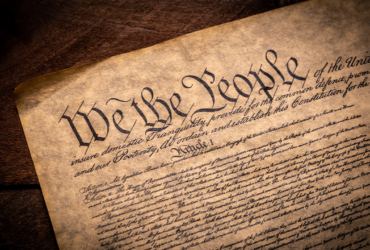One who has been booked by law enforcement and formally accused of a crime
A criminal defendant is one who has been formally charged with either a felony or a misdemeanor. The defendant will be represented by either a private criminal or a public defender.
The lawyer who represents the state or federal government is called the prosecutor. If the criminal defendant is found guilty of a misdemeanor, he is subject to imprisonment, usually in county jail, for a term of time not to exceed one year.
If the defendant is found guilty of a felony, he is subject to a term of imprisonment that can exceed one year, including life in prison with or without the possibility of parole.
The defendant in a criminal proceeding must be presumed innocent.
The prosecutor carries the burden of proof by proving every element of the crime beyond a reasonable doubt. The criminal defendant will also have constitutional protections that are embodied in the constitution, such as the right against unreasonable searches and seizures, the right against self-incrimination, and the right to a public and speedy trial.







